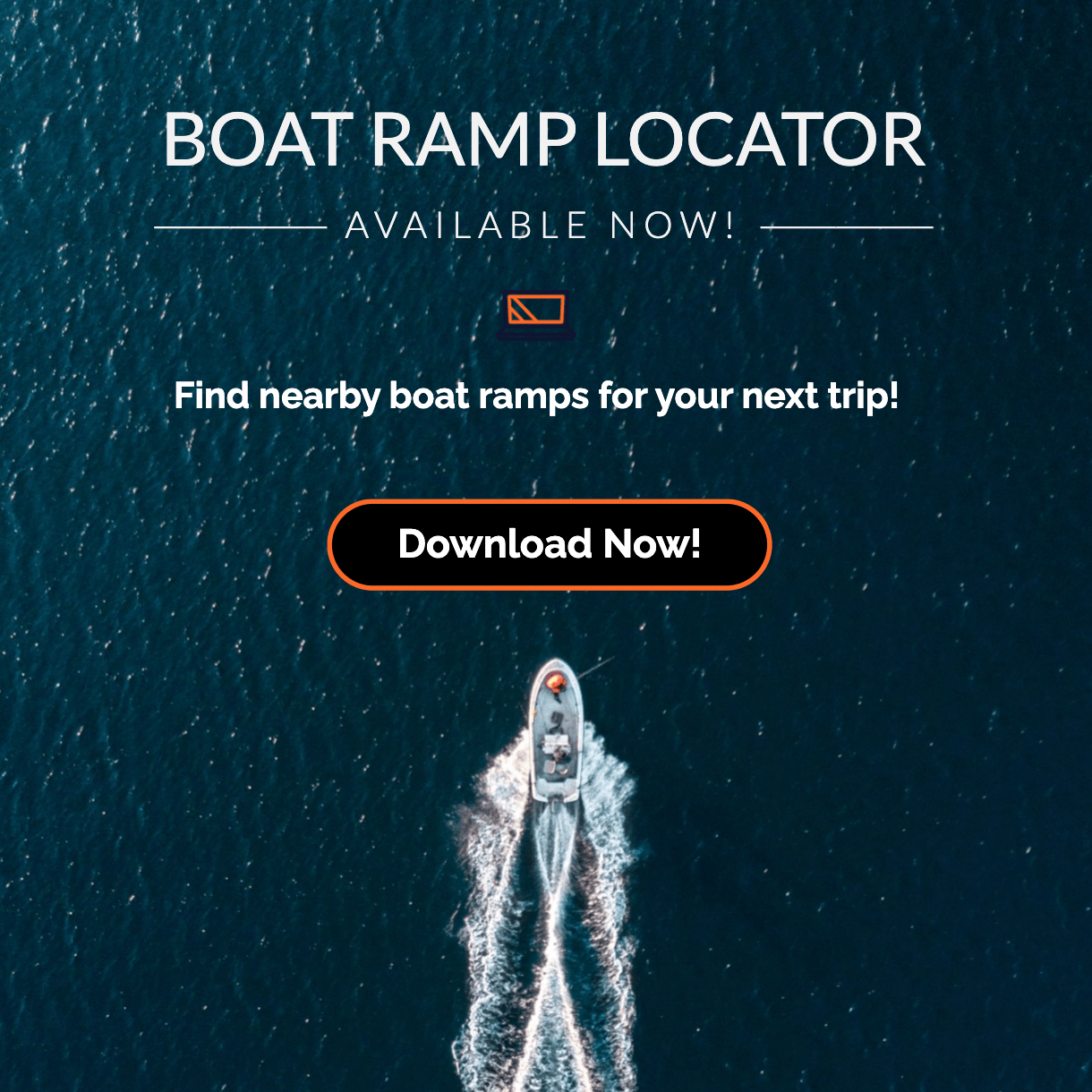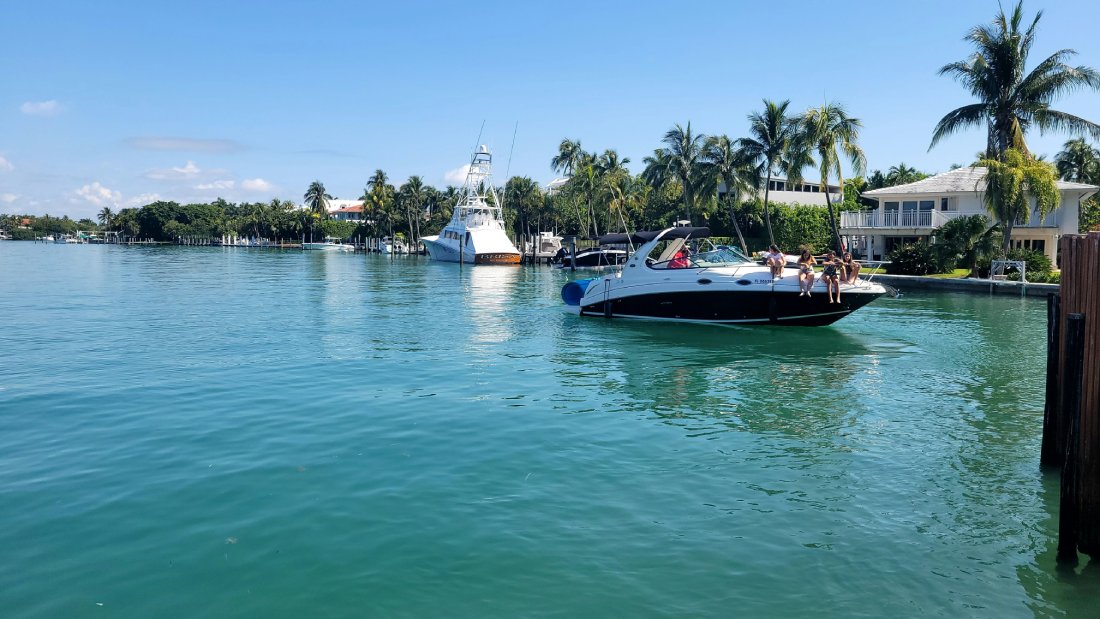
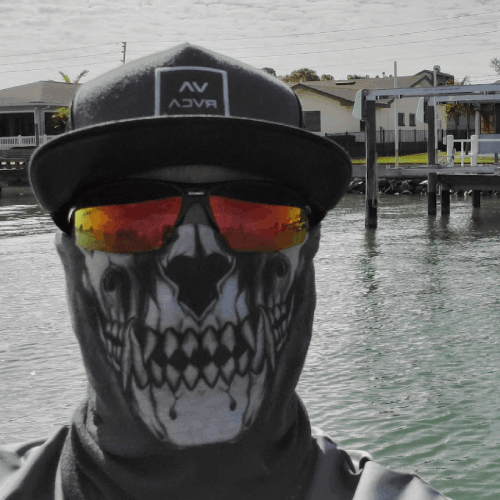
By Craig Wheeler
Wed Jun 04 2025
Common mistakes at Florida boat launches and how to avoid them
Common Mistakes at Florida Boat Launches and How to Avoid Them
Florida is a boating paradise, with its vast coastline, scenic lakes, and a climate that invites year-round adventures on the water. But whether you’re a seasoned captain or a weekend recreational boater, launching your boat can be stressful—especially at busy public ramps. Simple oversights and lack of preparation can lead to costly damage, safety hazards, and frustration for you and others. This guide explores the most common Florida boat launch mistakes and offers practical advice on how to avoid them for a smoother, safer experience.
Not Preparing the Boat Before Reaching the Ramp
One of the biggest bottlenecks at Florida boat launches is people trying to prep their boats at the ramp. This not only slows down the flow of traffic but also irritates other boaters waiting in line.
Why Staging Before the Ramp Matters
Pre-launch preparation should be completed in a designated staging area or parking lot—not at the top of the ramp. This includes:
- Removing tie-down straps (except the bow winch)
- Loading gear and safety equipment
- Inserting the drain plug
- Disconnecting trailer lights if required
- Installing bumpers and lines
Taking 10 minutes in the prep area can save you—and everyone else—30 minutes at the ramp.
Pro Tip:
Create a laminated launch checklist and keep it in your vehicle or boat. It’ll help you stay organized and avoid critical oversights.
Blocking the Ramp for Too Long
Time is of the essence at public ramps, especially in Florida where weekends and holidays can see intense traffic.
Launch Etiquette You Should Know
Boat ramps are shared spaces. Lingering too long—whether you’re adjusting gear or chatting with friends—can cause gridlock. Once your boat is launched or retrieved, move it to the courtesy dock or tie-up area promptly and park your vehicle in the designated area.
How to Streamline Your Process
- Practice launching and retrieving with your crew ahead of time
- Assign clear roles: one person handles the boat, the other the trailer
- Keep the launch zone clear for the next user as soon as you’re finished
Remember, ramp courtesy isn’t just polite—it’s part of being a responsible boater.
Forgetting Required Safety Equipment
Florida law mandates that every vessel carry certain safety equipment onboard. Yet, one of the most common boat launch mistakes is forgetting to pack or check these essentials before launching.
Florida’s Boating Safety Requirements
Here’s a quick rundown of what’s typically required:
- U.S. Coast Guard-approved life jackets for each person onboard
- Fire extinguisher (in working condition)
- Sound-producing device (horn or whistle)
- Visual distress signals (for coastal waters)
- Navigation lights (if operating at night or during low visibility)
Failure to have the proper equipment not only endangers lives but can also result in citations or fines from Florida Fish and Wildlife Conservation Commission (FWC) officers.
Quick Tip:
Do a full safety gear inspection every time you go out. Replace expired flares and test your horn before you leave home.
Failing to Check Weather and Tides
Florida’s weather can change rapidly—bright skies can turn into thunderstorms in under an hour, especially during summer afternoons. Tides also vary dramatically in coastal areas and estuaries, affecting launch site accessibility and boat handling.
The Dangers of Unchecked Conditions
Launching without checking the marine forecast or tide tables can lead to:
- Getting stranded due to low tides
- Struggling to launch or retrieve in strong winds
- Risking capsizing in rough waters
How to Prepare
- Use reliable sources like NOAA, Windy, or local boating apps like Tides Near Me
- Check for small craft advisories
- Know when slack tide occurs for easier launching and docking
Being weather-aware is one of the most important habits any Florida boater can build.
Improper Use of Launch Ropes or Tie-Offs
Poor rope handling can result in damage to your boat, trailer, or even injury. Many new boaters overlook this part of the launch process, especially when dealing with crosswinds or currents.
Common Rope Mistakes
- Letting the boat drift without a bow line
- Using frayed or undersized ropes
- Not tying off to designated cleats or posts
- Failing to keep control of the boat during retrieval
How to Secure Your Boat Correctly
- Always have at least two ropes ready: one for the bow, one for the stern
- Use strong, marine-grade dock lines
- Learn basic knots like the cleat hitch and bowline
- Avoid wrapping rope around your hand or wrist during tensioned loads
Proper rope skills make a huge difference in safety and efficiency at any Florida boat launch.
Not Checking Drain Plugs
It may seem like a minor oversight, but forgetting to insert your boat’s drain plug is one of the most frequent—and disastrous—mistakes at Florida boat launches.
Consequences of Forgetting the Drain Plug
Launching without the plug can lead to:
- Rapid flooding of your bilge
- Damage to electronics and gear
- Embarrassing delays or complete trip cancellations
- Potential sinking at the dock
It’s a simple task, but one that can cost you dearly in time and repairs.
Best Practices to Avoid This Mistake
- Always include “drain plug check” on your launch checklist
- Use a visual cue, like placing the plug on your steering wheel or keychain when removed
- Install a spare plug in the glove box or tackle box as a backup
A 10-second check can save you thousands in damage and a ruined day on the water.
Poor Trailer Backing Skills
Successfully launching a boat begins long before the boat touches water—it starts with your ability to back the trailer down the ramp accurately and confidently.
Why Trailer Control Matters
Poor trailer backing causes:
- Crooked launches that block other lanes
- Accidental collisions with curbs, signs, or other trailers
- Stress and arguments among boaters (and often with passengers)
Tips to Improve Backing Skills
- Practice in an empty parking lot using cones
- Use your mirrors instead of turning your head
- Make small, controlled adjustments with the steering wheel
- Remember: turn the wheel opposite of the direction you want the trailer to go
Proficiency in trailer handling ensures a smooth, respectful launch process—and builds confidence for future outings.
Launching Alone Without Help
Solo launches are possible, but doing it without planning or experience can result in mishaps, delays, or even damage to your boat or vehicle.
Risks of Solo Launching
- Losing control of the boat due to wind or current
- Difficulty securing both the boat and vehicle simultaneously
- Higher chances of damaging your hull, prop, or trailer
When and How to Launch Solo Safely
- Use a dock line attached to the bow and stern to guide your boat from the ramp
- Park close to the courtesy dock for quick access
- Prepare all launch gear in advance (including bumpers, lines, and safety equipment)
- If unsure, don’t hesitate to ask for help—boaters often assist each other at busy Florida ramps
Launching solo is doable with the right gear, timing, and awareness—but always be realistic about your skill level.
Ignoring Wildlife and Environmental Rules
Florida’s waters are home to countless sensitive ecosystems and protected wildlife species. Boat ramps often serve as gateways to these areas—and with that comes responsibility.
Environmental Impacts of Negligence
- Disturbing manatee zones and seagrass beds
- Introducing invasive species through bilge or trailer water
- Littering and fuel/oil leaks near launch areas
These actions can lead to habitat degradation and even legal consequences, especially under state or federal conservation laws.
Eco-Friendly Launch Habits
- Rinse off your trailer and boat before and after launching to prevent the spread of invasive species
- Observe posted manatee speed zones and no-entry areas
- Dispose of trash properly and never pour oil or fuel near the water
- Avoid using soaps or chemicals when cleaning boats at the ramp
Being mindful of Florida’s fragile ecosystems protects not just wildlife, but the future of boating in the state.
Disregarding Local Rules or Signage
Each boat ramp in Florida may have its own set of posted regulations, from parking restrictions to launch hours to vessel size limits. Ignoring these rules can quickly lead to fines or confrontations.
Commonly Ignored Signage Includes:
- No wake zones
- Designated trailer parking only
- Restricted hours or seasonal closures
- Permit requirements for access or overnight docking
Legal Consequences
Violating local boating ordinances can result in:
- Citations and fines from law enforcement
- Tow-away or booting of improperly parked vehicles
- Revocation of ramp usage rights in certain areas
Take a moment to read all posted signs before launching—it could save you a lot of trouble and money.
Launching or Retrieving at Peak Hours
Timing can make or break your Florida boating trip. Boat ramps tend to get overcrowded during weekends, holidays, and early mornings—leading to long waits and unnecessary stress.
Why Timing Matters
- Congested ramps increase the chance of accidents
- Long lines can eat into your boating time
- Frustration can lead to rushed or careless behavior
Best Practices to Avoid the Rush
- Launch early in the morning or later in the afternoon
- Use weekday outings when possible
- Research alternate or lesser-known ramps nearby
- Monitor ramp traffic with apps like Boat Ramps by Take Me Fishing or Google Reviews
A little strategic planning goes a long way toward a smoother, more enjoyable launch experience.
Speeding in No-Wake Zones
No-wake zones are in place to protect shorelines, marine life, and other boaters—especially around boat ramps. Unfortunately, many boaters either ignore or misunderstand these restrictions.
What Happens When You Speed in a No-Wake Zone
- Damage to docks, boats, and seawalls from large wakes
- Disruption of manatee habitats (a protected species in Florida)
- Legal fines and potential license points
Florida Fish and Wildlife officers regularly patrol launch areas, and violating these zones can cost you up to $250 or more per offense.
How to Stay Compliant
- Look for and obey posted no-wake signs
- Reduce your speed to idle—just enough to maintain steering
- Be especially careful in narrow canals and launch basins
Showing respect for no-wake zones makes the water safer and more enjoyable for everyone.
Not Communicating with Other Boaters
Effective communication at the ramp isn’t just about politeness—it prevents accidents and keeps operations moving smoothly.
Signs You’re Not Coordinating Properly
- Launching while another boat is retrieving
- Cutting in line or parking out of turn
- Misunderstanding hand signals or verbal cues
Tips for Better Boater Communication
- Make eye contact with other captains and drivers
- Use clear hand signals when backing trailers or moving vessels
- Discuss your launch or retrieval plan with your crew beforehand
- If you’re new, don’t be afraid to ask more experienced boaters for guidance
Courteous and clear communication reduces friction and fosters a helpful boating community.
Letting Inexperienced Operators Handle the Launch
Handing over the reins to a novice can spell disaster at the ramp—especially in Florida’s busy boating hubs.
What Can Go Wrong?
- Jackknifed trailers from poor backing techniques
- Accidental collisions with the dock or other boats
- Panic during retrieval causing safety issues
How to Train New Boaters Effectively
- Practice trailering, launching, and docking in quiet, off-peak locations
- Assign roles and explain them clearly before arriving at the ramp
- Let them observe a few launches before taking the wheel themselves
Gradual exposure and hands-on experience will help new operators develop the skills they need—without putting your boat or others at risk.
Boating in Florida offers some of the most scenic and enjoyable experiences in the country—but launching your boat shouldn’t be the hardest part of the trip. By avoiding these common mistakes—like neglecting safety equipment, backing trailers poorly, or rushing through no-wake zones—you’ll make the ramp safer and more efficient for everyone. Preparation, courtesy, and awareness are key. Whether you’re launching solo or with a crew, the right habits will help ensure smooth sailing from the moment your boat touches water.
FAQs
What are Florida’s legal requirements at public boat ramps?
Florida requires boaters to comply with local ramp rules, possess a valid boater safety education card (if born after 1988), and have the necessary safety gear on board. Many ramps also require parking permits or launch fees, especially in city- or county-managed areas.
Can I get fined for boat launch violations in Florida?
Yes. FWC officers and local authorities may issue citations for offenses such as speeding in no-wake zones, improper disposal of waste, lack of safety equipment, or disregarding posted signage. Fines vary but can exceed $250 depending on the violation.
What is the best way to learn trailer backing?
Practice in an empty parking lot using cones or markers. Start by mastering mirror use, making small adjustments, and learning how trailer direction relates to steering. Many online videos and local boater safety courses also offer great tutorials.
Are there apps for tide/wind updates before boating?
Yes. Popular apps like “Tides Near Me,” “Windy,” and NOAA’s “Weather Radar Live” provide real-time information about tides, wind speeds, and marine weather forecasts. Always check conditions before heading to the ramp.
How can I avoid long waits at popular boat ramps?
Plan to launch during non-peak hours (early mornings or late afternoons) and avoid holiday weekends if possible. Using less crowded or hidden ramps, and monitoring traffic via Google or boater apps, can also help reduce wait times.
Looking for boat ramps near you? Use our free app to find launch locations with facility info and directions. Save your favorite boat ramps for quick access anytime. Download Boat Ramp Locator on Google Play.
Related Articles
-
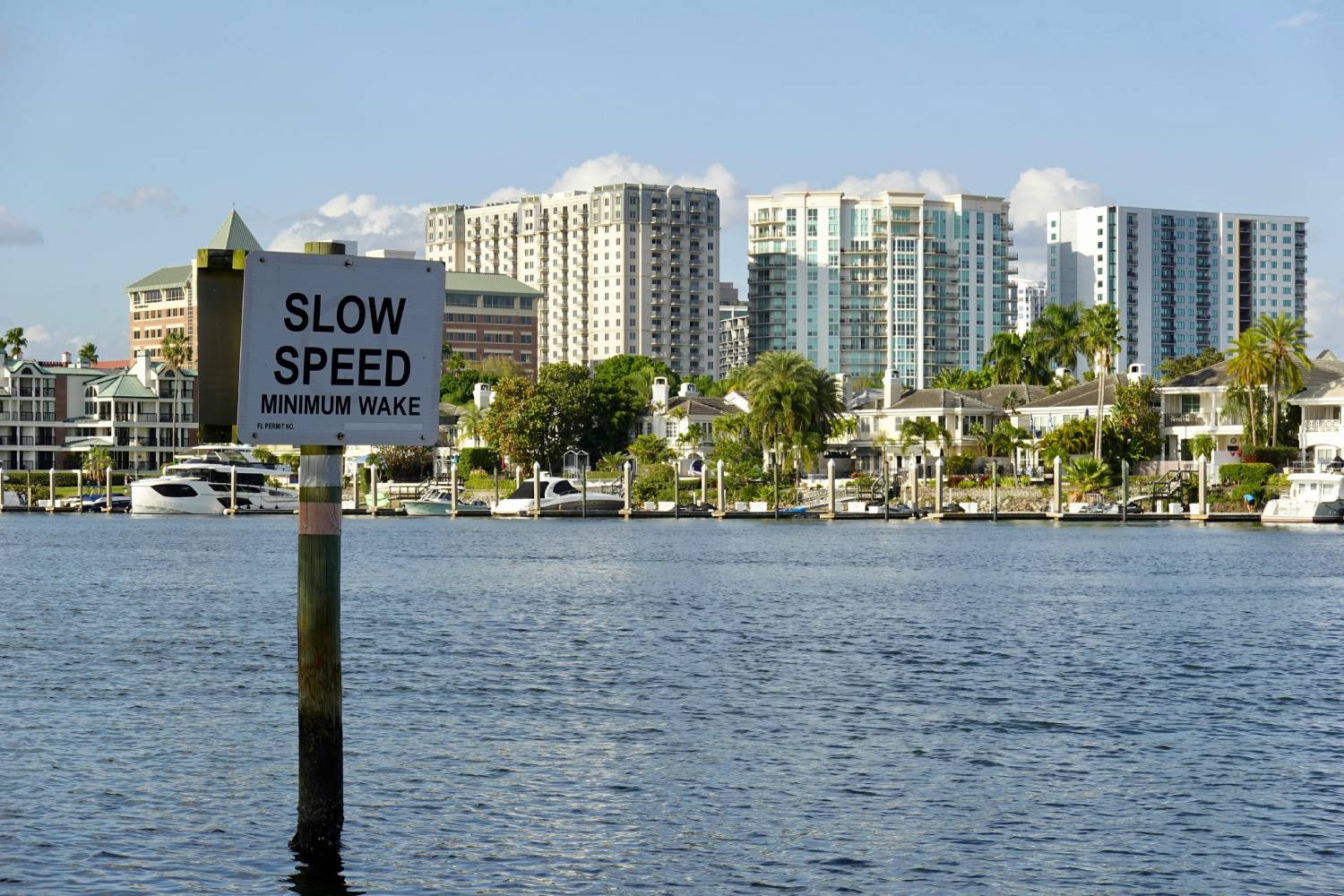 Sat Jul 19 2025
Sat Jul 19 2025Guide to Boat Ramps in Tampa Bay
Tampa Bay has no shortage of accessible boat ramps, and many of them are open around the clock.
-
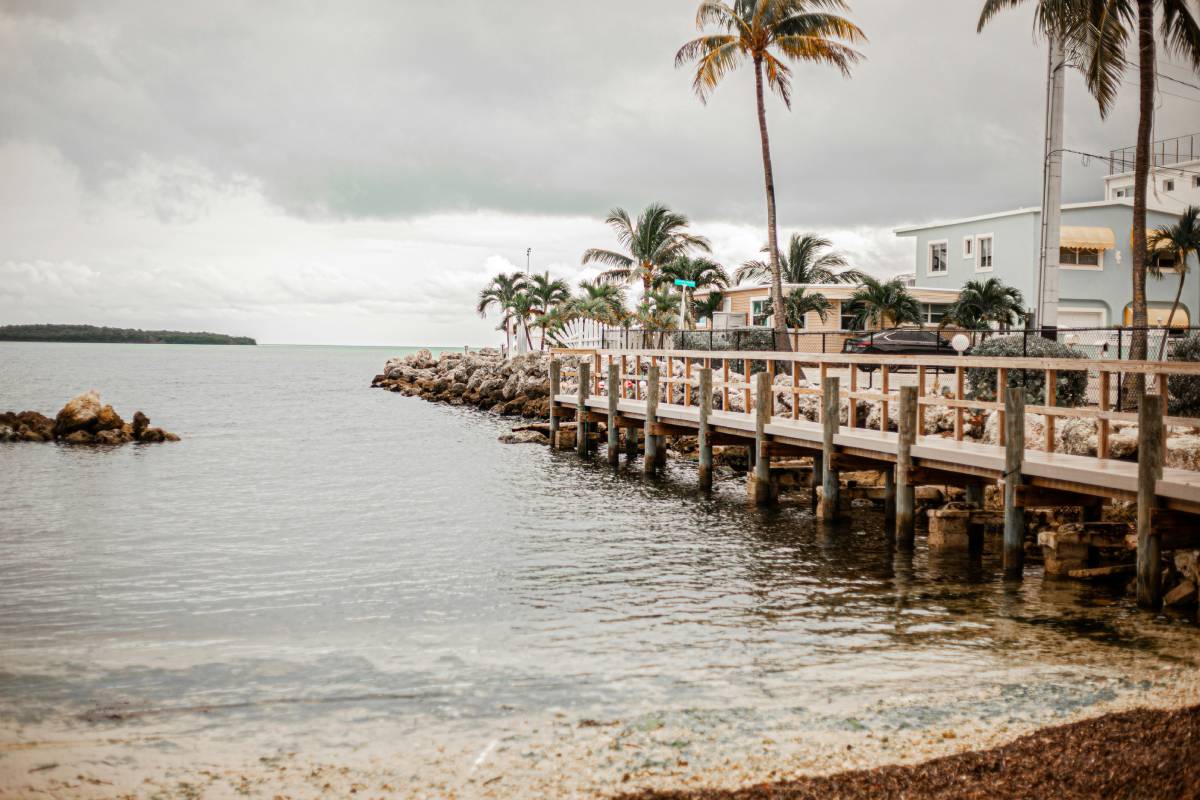 Sat Jul 12 2025
Sat Jul 12 2025Top 10 Hotels With Boat Docks in the Florida Keys
Finding a hotel that also offers boat docking can turn a good trip into an unforgettable seafaring a
-
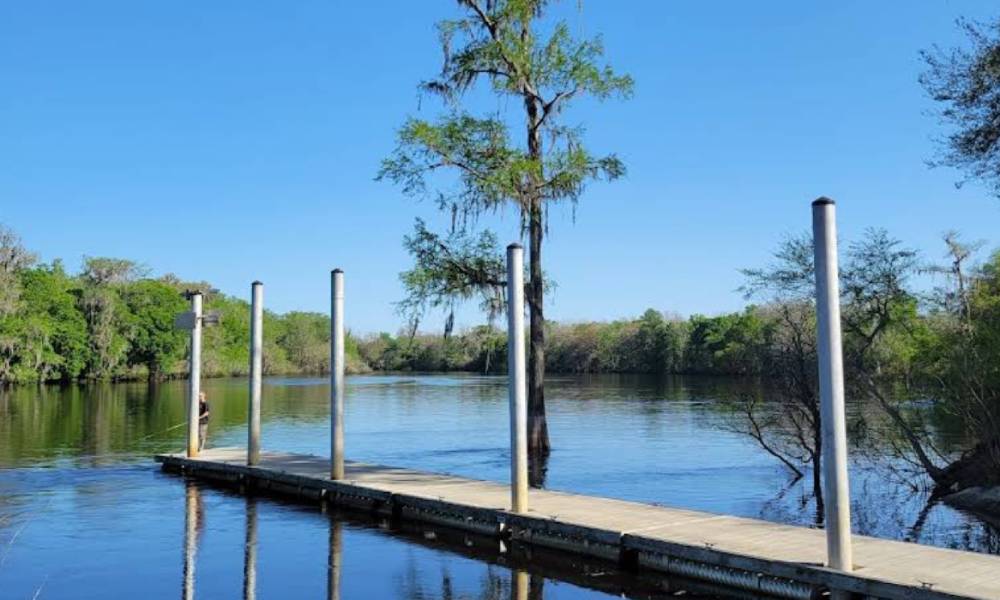 Wed Jul 09 2025
Wed Jul 09 2025How to choose the best boat ramp on the Suwannee River for your boat size.
The Suwannee River is a legendary waterway in North Florida, winding through cypress forests, limest
